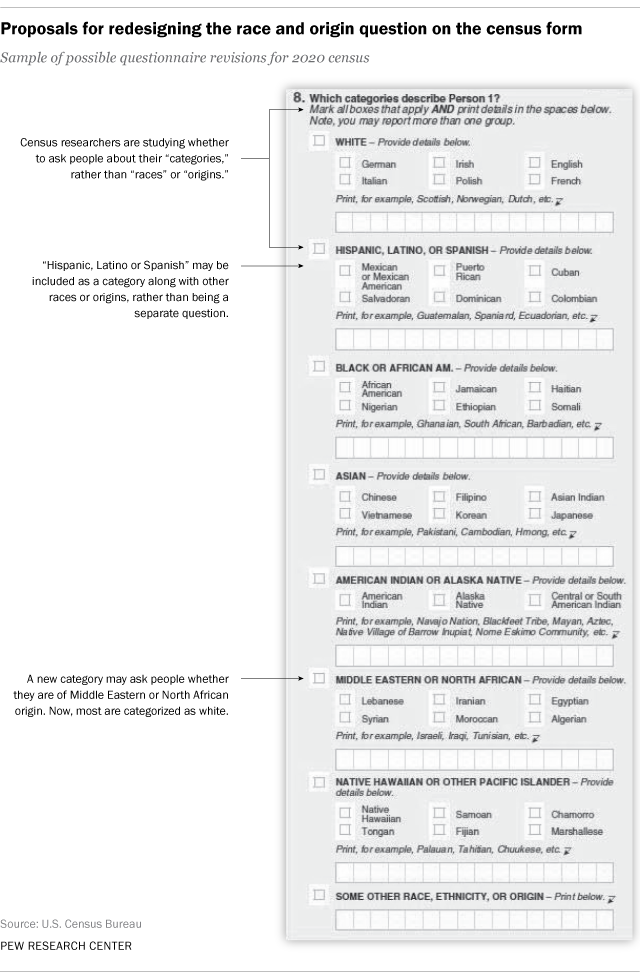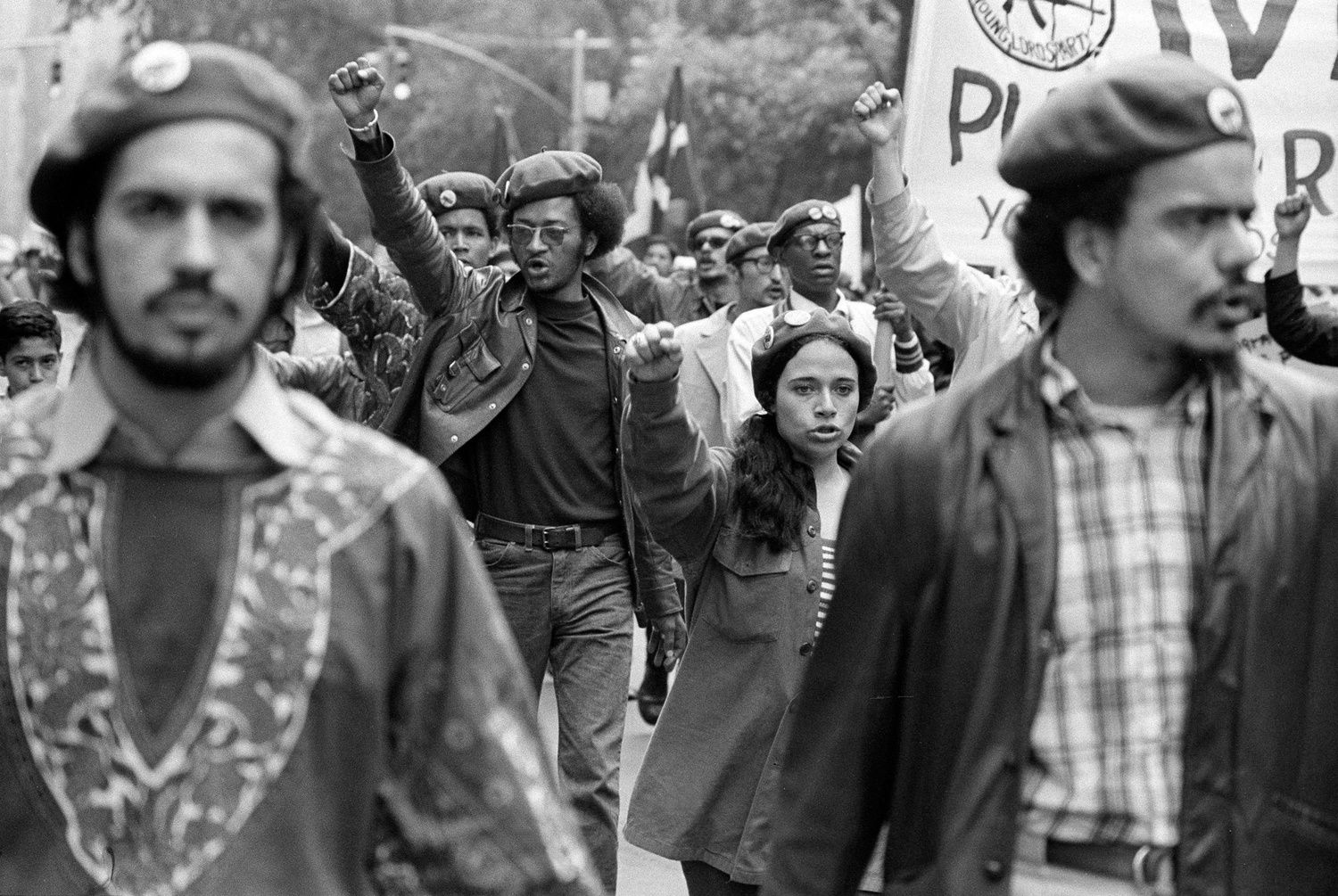Raciolinguistics: How Language Shapes Our Ideas About Race
Oxford University Press
2016-10-31
376 pages
6-1/8 x 9-1/4 inches
Hardcover ISBN: 9780190625696
Edited by:
H. Samy Alim, Professor of Education; Professor of Anthropology and Linguistics (by courtesy)
Stanford University
John R. Rickford, J.E. Wallace Sterling Professor of Linguistics and the Humanities
Stanford University
Arnetha F. Ball, Professor
Stanford Graduate School of Education
Stanford University

- Brings together a critical mass of scholars to form a new field dedicated to theorizing and analyzing language and race together-raciolinguistics.
- Breaks new ground by integrating the deep theoretical knowledge gained from race and ethnic studies, and the ethnographic rigor and sensibility of anthropology, with the fine-grained, detailed analyses that are the hallmark of linguistic studies
- Takes a comparative, international look across a wide variety of sites that comprise some of the most contested racial and ethnic contexts in the world, from rapidly changing communities in the U.S. and Europe to locations in South Africa, Brazil, and Israel
- Builds upon and expands Alim and Smitherman’s ground-breaking analysis to form a new field dedicated to racing language and languaging race.
Raciolinguistics reveals the central role that language plays in shaping our ideas about race. The book brings together a team of leading scholars-working both within and beyond the United States-to share powerful, much-needed research that helps us understand the increasingly vexed relationships between race, ethnicity, and language in our rapidly changing world. Combining the innovative, cutting-edge approaches of race and ethnic studies with fine-grained linguistic analyses, chapters cover a wide range of topics including the language use of African American Jews and the struggle over the very term “African American,” the racialized language education debates within the increasing number of “majority-minority” immigrant communities as well as Indigenous communities in the U.S., the dangers of multicultural education in a Europe that is struggling to meet the needs of new migrants, and the sociopolitical and cultural meanings of linguistic styles used in Brazilian favelas, South African townships, Mexican and Puerto Rican barrios in Chicago, and Korean American “cram schools,” among other sites.
With rapidly changing demographics in the U.S.-population resegregation, shifting Asian and Latino patterns of immigration, new African American (im)migration patterns, etc.-and changing global cultural and media trends (from global Hip Hop cultures, to transnational Mexican popular and street cultures, to Israeli reality TV, to new immigration trends across Africa and Europe, for example)-Raciolinguistics shapes the future of studies on race, ethnicity, and language. By taking a comparative look across a diverse range of language and literacy contexts, the volume seeks not only to set the research agenda in this burgeoning area of study, but also to help resolve pressing educational and political problems in some of the most contested racial, ethnic, and linguistic contexts in the world.
Contents
- Introducting Raciolinguistics: Theorizing Language and Race in Hyperracial Times / H. Samy Alim, Stanford University
- Part I. Languaging Race
- 1. Who’s Afraid of the Transracial Subject?: Transracialization as a Dynamic Process of Translation and Transgression / H. Samy Alim, Stanford University
- 2. From Upstanding Citizen to North American Rapper and Back Again: The Racial Malleability of Poor Male Brazilian Youth / Jennifer Roth-Gordon, University of Arizona
- 3. From Mock Spanish to Inverted Spanglish: Language Ideologies and the Racialization of Mexican and Puerto Rican Youth in the U.S. / Jonathan Rosa, Stanford University
- 4. The Meaning of Ching Chong: Language, Racism, and Response in New Media / Elaine W. Chun, University of South Carolina
- 5. “Suddenly faced with a Chinese village”: The Linguistic Racialization of Asian Americans / Adrienne Lo, University of Illinois at Urbana-Champaign
- 6. Ethnicity and Extreme Locality in South Africa’s Multilingual Hip Hop Ciphas / Quentin E. Williams, University of the Western Cape
- 7. Norteno and Sureno Gangs, Hip Hop, and Ethnicity on YouTube: Localism in California through Spanish Accent Variation / Norma Mendoza-Denton, University of Arizona
- Part II. Racing Language
- 8. Towards Heterogeneity: A Sociolinguistic Perspective on the Classification of Black People in the 21st Century / Renée Blake, New York University
- 9. Jews of Color: Performing Black Jewishness through the Creative Use of Two Ethnolinguistic Repertoires / Sarah Bunin Benor, Hebrew Union College
- 10. Pharyngeal beauty and depharyngealized geek: Performing ethnicity on Israeli reality TV / Roey Gafter, Tel Aviv University
- 11. Stance as a Window into the Language-Race Connection: Evidence from African American and White Speakers in Washington, D.C. / Robert J. Podesva, Stanford University
- 12. Changing Ethnicities: The Evolving Speech Styles of Punjabi Londoners / Devyani Sharma, Queen Mary, University of London
- Part III. Language, Race, and Education in Changing Communities
- 13. “It Was a Black City”: African American Language in California’s Changing Urban Schools and Communities / Django Paris, Michigan State University
- 14. Zapotec, Mixtec, and Purepecha Youth: Multilingualism and the Marginalization of Indigenous Immigrants in the U.S. / William Perez, Rafael Vasquez, and Raymond Buriel
- 15. On Being Called Out of One’s Name: Indexical Bleaching as a Technique of Deracialization / Mary Bucholtz, University of California, Santa Barbara
- 16. Multiculturalism and Its Discontents: Essentializing Ethnic Moroccan and Roma Identities in Classroom Discourse in Spain / Inmaculada García-Sánchez, Temple University
- 17. The Voicing of Asian American Figures: Korean Linguistic Styles at an Asian American Cram School / Angela Reyes, Hunter College and The Graduate Center, CUNY
- 18. “Socials”, “Poch@s”, “Normals” y Los de Más: School Networks and Linguistic Capital of High School Students on the Tijuana-San Diego Border” / Ana Celia Zentella, University of California, San Diego
- Index




